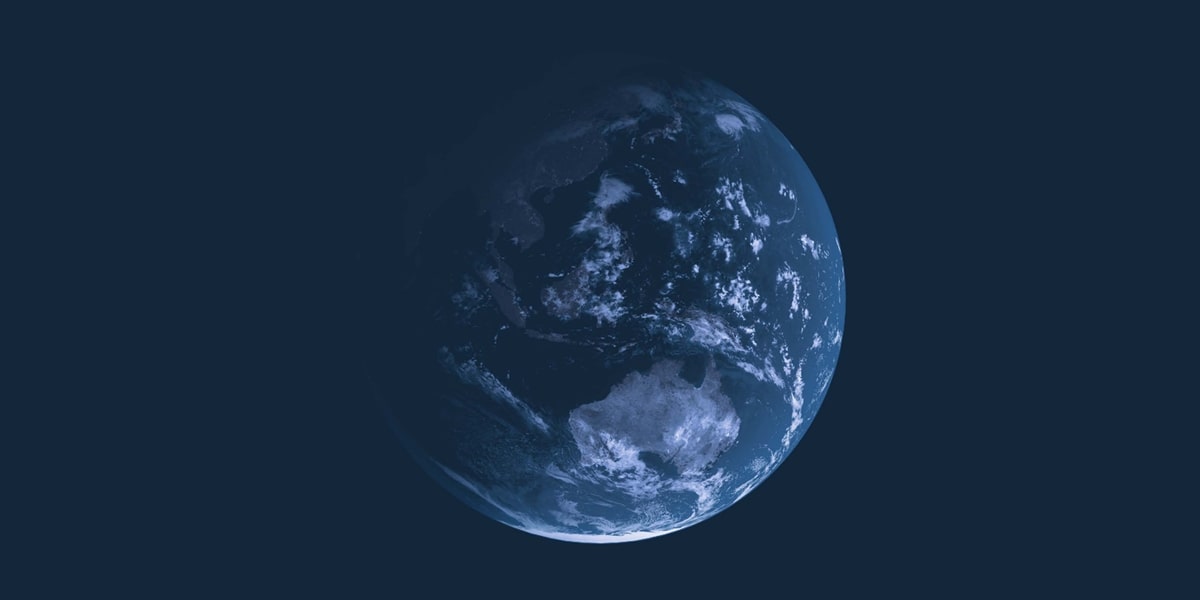Our new quiet security embrace as Jakarta hedges bets
Originally published by The Australian Financial Review.

Defence Minister Richard Marles will fly to Indonesia next week to sign a new co-operation agreement with Indonesia, just a few days after his Indonesian counterpart, president-elect Prabowo Subianto, visited Canberra.
Prime Minister Anthony Albanese hailed this defence agreement as “remarkable” last year in his address to the Lowy Institute.
The description is not misplaced when it comes to Australia-Indonesia defence ties.
From the 1990s to the late 2010s, defence ties were volatile. They were dialled up and down depending on the wider bilateral relationship, which was beset by stumbling blocks and disputes, including over irregular migration, spying allegations, trade and the execution of Australian citizens.
Yet over the past five or so years, and consistently despite changing leadership of the Indonesian armed forces, Jakarta has quietly embraced far deeper defence ties with Australia and the United States.
This has manifested in a much-upgraded program of combined military exercises, in terms of quality and quantity, and bilaterally as well as together with the United States.
The US-Indonesia Garuda Shield military exercises have expanded over the years, with the 2023 series being the largest ever and involving multiple partners, including Australia, Japan and France.
What would have seemed too politically sensitive even 10 years ago – holding amphibious exercises, for example – has become reality. Australia has deployed tanks and F35s to Indonesia for combined training operations. The two countries have increased maritime co-operation, including a trilateral sail with India.
More bilateral training and exercises strengthens the logic of a new defence co-operation agreement. Because even though the agreement won’t amount to a reciprocal access arrangement like Australia has with Japan or the Philippines, it can streamline processes to facilitate the entry and exit of defence personnel between the two countries and make arranging combined activities faster and easier.
The agreement could also expand co-operation in intelligence sharing or technology transfer.
Competition for influence
Increased intelligence sharing could see Canberra provide greater assistance to Jakarta in monitoring Indonesia’s maritime domain. Technology transfer is of high importance to Indonesia, given critical its ambition to modernise its military.
As competition for influence in the region intensifies, Australia is right to seize the opportunity for closer defence ties with Indonesia.
Indonesia’s motivation in seeking closer defence ties with Australia and the US may partly be driven by geopolitical considerations. In the decade of Joko Widodo’s presidency, China has encroached on Indonesia’s exclusive economic zone in the North Natuna Sea, which overlaps with Beijing’s claimed nine-dash line.
This has made Indonesia more conscious that, despite relative distance from China, it requires a military capable of responding to external security threats.
Defence co-operation with Australia and the US can fit the bill here, because these countries are a source of professional education, advanced training and, in the case of America, procurement of high-end military equipment.
Indonesia's concerns
Yet our expectations should not be too high. Jakarta’s deeper defence co-operation with Washington and Canberra has, for the most part, not driven a broader strategic alignment.
Indonesia’s non-alignment stance means it will not be receptive to permanently hosting foreign military personnel or facilities for the foreseeable future.
Many Indonesian officials and policymakers remain concerned about AUKUS and the broader direction of Australian strategic policy, which emphasises deeper alliance co-operation with the US. They have been silent, at least publicly, on China’s coercion of the Philippines in the South China Sea.
And at the same time, economic trends have created a sense of alignment between Beijing and Jakarta. Chinese companies have made large-scale investments to support Indonesia’s ambition to refine its own nickel and develop an electric vehicle industry.
So while it is to be welcomed, defence co-operation alone cannot bring about a reversal of these trends, or presage a convergence of worldviews with our northern neighbour.
This is unlikely to change, even once Prabowo assumes the presidency in October.
His focus will be on preventing domestic stability and ensuring Indonesia’s territorial integrity.
He will only act on China’s activities in the South China Sea if they directly threaten Indonesia’s sovereignty or maritime interests around the Natuna Islands.
Marles has hailed the defence co-operation agreement as “transformational” and “profoundly significant for the national security of both countries”.
While that’s probably too optimistic, it’s nonetheless a positive for Australia.
